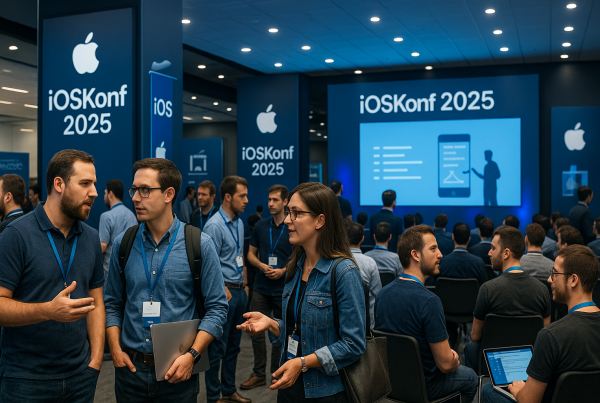With Swift 5 a new type got introduced:
@frozen public enum Result<Success, Failure> where Failure : Error {
/// A success, storing a `Success` value.
case success(Success)
/// A failure, storing a `Failure` value.
case failure(Failure)
The Result type is an enum consisting of 2 cases. The success and the failure case. Each of them can hold a generic value. The failure case, however, is limited to Types extending the Error type.
Not a big deal? Sure, but it’s the little things which add up and make a difference in the long run.
Lately, I was migrating from SwiftyJSON to native JSON parsing. Each network call was implemented in the following way:
func fetchSomething(completion: @escaping (SomeReturnValue?, SomeError?) -> Void) {
NetworkingTool.request { (response) in
guard response.isValid
else { completion(nil, .somethingBad); return }
do {
let returnValue = try SomeReturnValue(response: response)
completion(returnValue, nil)
} catch {
completion(nil, .scarry)
}
}
}
Looks okayish. Good. So let’s use it:
fetchSomething { (result, error) in
guard error == nil
else { handleError(error: error); return }
doSomething(result: result)
}
Ok. But how to implement the doSomething? With an optional? This can’t be right, right? Force unwrap the result? And what about the error case? Force unwrap it? Oh and wait, what about the case where neither a result nor an error is returned? Is this even a thing? Ok, let me look up the implementation…
So a tiny bit of ambiguity paired with different people working on different parts of the network stack for different features can cause a real heterogeneous system. (Which does not imply that this is a bad system!)
If the company you’re working for is in favour of code ownership, you may not encounter this one. But so far no company I worked for was about code ownership. It’s usually your code is my code is our code, comrade. Period. There are simply too many trucks outside.

As long as code ownership isn’t a thing and you do not want to spend time on endless syntax and architectural discussions with little benefit or enforce a (new) best practice on all of your colleagues. Again. It comes really handy to have a built-in Result type which is reasonably unambiguous.
And since we all know that we’re spending more time reading code than writing, this saves us all valuable time.




